CEE | Center for Experimental Ethnography
Menu
On Thursday, March 25th, the African American Museum in Philadelphia (AAMP) partnered with the Center for Experimental Ethnography at the University of Pennsylvania to convene a conversation centered on author Dr. Maureen Mahon’s book Black Diamond Queens: African American Women and Rock and Roll. African American women have played a pivotal part in rock and roll—from laying its foundations and singing chart-topping hits to influencing some of the genre's most iconic acts. Despite this, black women's importance to the music's history has been diminished by narratives of rock as a mostly white male enterprise. In Black Diamond Queens, Maureen Mahon draws on recordings, press coverage, archival materials, and interviews to document the history of African American women in rock and roll between the 1950s and the 1980s. Mahon details the musical contributions and cultural impact of Big Mama Thornton, LaVern Baker, Betty Davis, Tina Turner, Merry Clayton, Labelle, the Shirelles, and others, demonstrating how dominant views of gender, race, sexuality, and genre affected their careers. By uncovering this hidden history of black women in rock and roll, Mahon reveals a powerful sonic legacy that continues to reverberate into the twenty-first century. Along with Mahon, this conversation features Dr. Deborah Thomas and Dr. Guthrie Ramsey of the University of Pennsylvania as panelists, and Dejay Duckett, Director of Curatorial Services at AAMP as moderator. Register today! Maureen Mahon, a cultural anthropologist, teaches in the Department of Music at New York University. She is the author of Black Diamond Queens: African American Women and Rock and Roll (2020) and Right To Rock: The Black Rock Coalition and the Cultural Politics of Race (2004). Her articles on African-American music have appeared in academic journals and on the websites of National Public Radio and the Rock and Roll Hall of Fame. She was the Chief Academic Advisor for “Soundtrack of America,” the five-night concert series created by filmmaker Steve McQueen and programmed in collaboration with Quincy Jones, that opened the inaugural season of The Shed in New York City.
0 Comments
MARCH 22, 2021This event is sponsored by tjhe Center for Africana Studies at UPenn and co-sponsored by the Center for Experimental Ethnography and the Latin American and Latinx Studies Program. What is the nature of Afro-Cuban rap music? As ethnographers, what tools should we use to best grasp its meaning in the context of Cuba? Cuba's notion as a non-racial society dates back to our nation’s wars for independence from Spain in the late 1800s. After 1959, the Cuban socialist government declared itself an heir of that raceless society ideology to solidify popular unity under the socialist revolution. By 1994, with the dollar's re-insertion as legal tender in Cuban territory, blacks found themselves once more at the bottom of society. In Havana, using rap music to communicate how the crisis affected them, Afro-Cuban youths drove the racial debate into the public sphere. This presentation will argue that their songs must be explored as indexes of citizen-citizen and citizen-state exchanges and as sonic elaborations of an Afro-Cuban nation that is geographically inexistent.
His writing has appeared in Cuba’s CIDMUC, Revista Casa de las Americas, Metronome's documenta 12 Magazines issue, and more recently in OkayAfrica.com where he has developed part of their profile on Afro-Cuban urban music and culture. Herrera Veitia has collaborated in several major academic research projects on rap and reggaeton music in Havana. Some of those projects include Sujatha Fernandez’s Cuba Represent and Close to the Edge; Tanya Saunders’s Cuban Underground Hiphop; Marc Perry’s Negro Soy Yo; and Geoff Baker’s Buena Vista In the Club.
To his credit as a cultural producer goes the coordination of the Black August Collective showcases in Havana. A series of US-Cuba people-to-people music events, Black August, brought to Havana's International Rap Festival, presentations by Mos Def and Talib Kweli’s Black Star, Hi-Tek, Dead Prez, Common, Tony Touch, and Project Blowed between 1998 and 2002. He was also instrumental in The Roots concert in Havana, amongst other projects. MARCH 18th at NOONMarch's Third Thursday event, Birthing and Refusal, featured the work of our post-doc fellow Alissa Jordan in conversation with Carmelle Moïse, a nurse-midwife and board member at The NGO MamaBaby Haiti. Alissa introduced us to her work in embodiment, healing, and resistance in Haiti, highlighting post-partum care and birthing practices in Haitian Vodou. The conversation contextualized mothers, families, and other patients encounters (and avoidances) of medical care in NGO and mission hospitals that act as debtors prisons, and featured lively discussion with attendees Carmelle implored attendees to take the time to listen to mothers and families in their own words, describing how empathetic listening can break down common assumptions about care, debt, and the stark maternal health statistics in Haiti. The conversation also introduced the work-in-progress, "Lòpital Pa Prizon" a patient-centered, audio-visual archive of hospital detention in Haiti, which is an ongoing collaboration between Alissa Jordan, Carmelle Moïse, and Jean-Denis Aureleus of ADEF (Asosyasyon de Dwa Enfant ak Fanm). Listen to the presentation and lively discussion now!
|
| In “Documenting Discontent: Soundings,” Karina Franco Villaseñor (nêi) and Vladimir Flores García (Vlax) mix and remix new sounds with existing audio projects, playing with their own works and with each other’s. This selection of remixed audio, accompanied by text and images, was curated by nêi and Vlax for the March 2021 event, Documenting Discontent/Documentando el Descontento. | En “Documenting Discontent: Soundings,” Karina Franco Villaseñor (nêi) y Vladimir Flores García (Vlax) mezclan y remezclan nuevos sonidos con proyectos previos, jugando con sus propios sonidos y con los sonidos del otro. Esta selección de audio, con textos e imágenes, fue curada por nêi y Vlax para el evento Documenting Discontent/Documentando el Descontento (Marzo de 2021). |
Meet the Artists/Conocer a los artistas
Vladimir Flores García, Vlax
| Vladimir Flores García is a multimedia artisan and a graduate of Mexico’s National Autonomous University’s Faculty of Arts and Design. Since 2000, his work has incorporated community journalism and education. He has worked as a news correspondent for independent and public outlets in Mexico (Radio UNAM), the United States (Radio Bilingüe, KPFT, FSRN), and Europe (Radio Nederland, RFI). Vlax is a member of the Dyne.org Foundation, where he investigates decolonial technology using open software tools. He lives in Oaxaca and enjoys cooking vegetarian food. https://vlax.dyne.org/ | Vladimir Flores García (México, 1974) es artesano multimedia egresado de la Facultad de Artes y Diseño de la Universidad Nacional Autónoma de México. Desde el año 2000 su trabajo cultural incorpora el periodismo comunitario y la educación. Ha trabajado como corresponsal de noticias en medios independientes y públicos de México (Radio UNAM), Estados Unidos (Radio Bilingüe, KPFT, FSRN) y Europa (Radio Nederland, RFI). Es integrante de la Dyne.org Foundation con la que investiga la tecnología decolonial utilizando herramientas de software libre. Reside en Oaxaca y cocina vegetariano. https://vlax.dyne.org |
Karina Franco Villaseñor, nê.i
| Karina F. Villaseñor (Mexico, 1985), works in audio production and post-production on a wide range of multimedia projects. She received her Masters degree in Music Technology from the National Autonomous University of Mexico (UNAM) and her bachelor’s degree in Audiovisual Sciences from the Universidad del Claustro de Sor Juana. Her work engages the intersection of sound, body, and perceptive ecology. Her research has been published in academic volumes in Mexico, Chile, Uruguay, Spain, and Turkey. She has collaborated on projects with national and international producers, with an emphasis on documentary projects and sound design for immersive experiences. Since 2009, she has crafted training curricula for educational centers and universities in Mexico City and surrounding areas. | Karina F. Villaseñor, mexicana, 1985, se dedica a la producción y post de audio en colaboración con diversos proyectos multimedia. Es Maestra en Tecnología musical por la Universidad Nacional Autónoma de México y Lic. en C. Audiovisual por la UCSJ. Su trabajo se motiva del cruce entre sonido, cuerpo y ecología perceptiva. Como investigadora ha sido publicada en algunas compilaciones académicas en México, Chile, Uruguay, España y Turquía. Como creadora ha cooperado activamente con productoras nacionales e internacionales, con énfasis en registro documental y diseño sonoro para sistemas inmersivos. Desde el 2009 teje con procesos formativos para centros educativos y universitarios en Ciudad de México y alrededores. https://soundcloud.com/nei-villasenor |
6 PM MARCH 8th
On International Women's Day 2021, the Center for Experimental Ethnography is pleased to present Haitian filmmaker Etant Dupain's feature "Madan Sara: Pouvwa Fanm Aysiyen" (Madan Sara: The Power of Haitian Women) followed by a discussion between Etant Dupain (Director, Madan Sara), Dr. Régine Michelle Jean-Charles (Associate Professor of French and the Graduate Program Director at Boston College), and Lunise Cerin (Editor, Madan Sara). The CEE screening of Madan Sara follows a four-day series of free, public screenings of the film throughout Haiti, supported by matenmidiswa pwodiksyon
"The women known as Madan Sara are on the forefront of the battle for a more robust and inclusive economy in Haiti. They work tirelessly to buy, distribute, and sell food and other essentials in markets through the country. Despite the obstacles faced by the women working in a sector that lacks investment, infrastructure and state assistance, the Madan Sara continue to be one of the most critical parts of the Haitian economy and of who we are as a country. The Madan Sara documentary tells the stories of these indefatigable women who work at the margins to make Haiti’s economy run. Despite facing intense hardship and social stigma, the hard work of the Madan Sara puts their children through school, houses their families, and helps to ensure a better life for generations to come. This film amplifies the calls of the Madan Sara as they speak directly to society to share their dreams for a more just Haiti."
WATCH THE DISCUSSION
"The women known as Madan Sara in Haiti work tirelessly to buy, distribute, and sell food and other essentials in markets through the country. Despite the obstacles faced by the women working in a sector that lacks investment, infrastructure and state assistance, the Madan Sara continue to be one of the most critical parts of the Haitian economy and of who we are as a country."---Etant Dupain
Meet The Discussants
Etant Dupain
Director, Madan Sara
Etant Dupain is a journalist, filmmaker, and community organizer. For over a decade, he has worked as a producer on documentaries and for international news media outlets including Al Jazeera, TeleSur, BBC, CNN, Netflix, PBS, and Vice. Etant founded an alternative media project in Haiti to enable citizen journalists to provide access to information in Haitian Creole for and about internally-displaced people, aid accountability, and politics. Now, moved by the strength of his mother and the women known as the Madan Sara who make Haiti’s economy run, he’s making his first personal film.
Dr. Régine Michelle Jean-Charles
Associate Professor of French and African and African Diaspora Studies, Boston College
Dr. Régine Michelle Jean-Charles is a feminist literary scholar and activist who has been working on issues surrounding rape culture for the past 20 years. She is currently Associate Professor of French and African and African Diaspora Studies at Boston College. Her scholarship and teaching on world literatures in French includes work on Black France, Sub-Saharan Africa, Caribbean literatures, Haiti and the Haitian diaspora. She also teaches classes on race and gender like “Where #blacklivesmatter Meets #metoo” and “Black Feminisms 101.” She holds a BA from the University of Pennsylvania, and an AM and PhD from Harvard University. She has received fellowships from the Ford Foundation, the Mellon Mays Foundation, and the Woodrow Wilson Foundation.
Her first book, Conflict Bodies: The Politics of Rape Representation in the Francophone Imaginary (Columbus: Ohio State University Press, 2014) examines theoretical, visual, and literary texts in order to challenge the dominant views of sexual violence. She has authored over 30 publications that have appeared in books, edited volumes, and peer-reviewed journals. Her second academic book Looking for Other Worlds: Black Feminism, Literary Ethics, and Haitian Fiction is currently under contract with University of Virginia Press. Her book A Trumpet of Conscience for the 21st Century: King’s Call to Justice is forthcoming with Orbis Press in 2021.
Much of Dr. Jean-Charles’s activist work has been with A Long Walk Home, where she began as founding board member in 2003. A Long Walk Home, Inc., is a non-profit organization that uses art to educate, inspire, and mobilize young people to end violence against girls and women. Her involvement in ALWH ranged from performing in Story of a Rape Survivor, a multi-media arts performance about black women and sexual assault, conducting workshops for the Girl/Friends Leadership Institute in Chicago, to giving lectures at universities across the country on topics such as study abroad and sexual assault. Her work with the Boston area includes initiatives with Shatter the Silence a faith-based initiative to address sexual violence and AFAB the Haitian Women’s Association of Boston.
Dr. Jean-Charles is also a regular contributor to media outlets like The Boston Globe, WGBH, America Magazine, and Cognoscenti, where she has weighed in on topics including #metoo and issues affecting the Haitian diaspora.
Her first book, Conflict Bodies: The Politics of Rape Representation in the Francophone Imaginary (Columbus: Ohio State University Press, 2014) examines theoretical, visual, and literary texts in order to challenge the dominant views of sexual violence. She has authored over 30 publications that have appeared in books, edited volumes, and peer-reviewed journals. Her second academic book Looking for Other Worlds: Black Feminism, Literary Ethics, and Haitian Fiction is currently under contract with University of Virginia Press. Her book A Trumpet of Conscience for the 21st Century: King’s Call to Justice is forthcoming with Orbis Press in 2021.
Much of Dr. Jean-Charles’s activist work has been with A Long Walk Home, where she began as founding board member in 2003. A Long Walk Home, Inc., is a non-profit organization that uses art to educate, inspire, and mobilize young people to end violence against girls and women. Her involvement in ALWH ranged from performing in Story of a Rape Survivor, a multi-media arts performance about black women and sexual assault, conducting workshops for the Girl/Friends Leadership Institute in Chicago, to giving lectures at universities across the country on topics such as study abroad and sexual assault. Her work with the Boston area includes initiatives with Shatter the Silence a faith-based initiative to address sexual violence and AFAB the Haitian Women’s Association of Boston.
Dr. Jean-Charles is also a regular contributor to media outlets like The Boston Globe, WGBH, America Magazine, and Cognoscenti, where she has weighed in on topics including #metoo and issues affecting the Haitian diaspora.
Lunise Cerin
Editor, Madan Sara
Lunise Cerin is a Haitian filmmaker with over seven years of experience creating both narrative and lifestyle content. She began her career as a content producer at the LA based web platform Black&Sexy TV, where she worked as a series, writer, producer and director and self-taught editor for 6 years. Most recently she has worked as the editor of Sirens film, producer of Le Mancelinier funded by the Pew Foundation and is the lead editor of the Madan Sarah film. Lunise Cerin is an MFA candidate at Columbia University's Screenwriting Directing MFA, where she was admitted with the Bridges Larson Foundation Fellowship.
SUPPORT
The Madan Sara screening and discussion is proudly brought to you by the Center for Experimental Ethnography (CEE), the Department of Africana Studies (DAS), the Center for Africana Studies, the Department of Anthropology, the Latin American and Latinx Studies (LALS), and the Gender, Sexuality, and Women's Studies (GSWS).
The Madan Sara project is raising funds to support their efforts to bring the film to communities in Haiti through free, public screenings. We invite you to make a contribution of any size to support this mission. To learn more about the film and join in the conversation online, visit MadanSaraFilm.com, use the hashtag #MadanSara across social media, and follow @madansarayiti on Twitter and @MadanSaraFilm on Instagram.
The Madan Sara project is raising funds to support their efforts to bring the film to communities in Haiti through free, public screenings. We invite you to make a contribution of any size to support this mission. To learn more about the film and join in the conversation online, visit MadanSaraFilm.com, use the hashtag #MadanSara across social media, and follow @madansarayiti on Twitter and @MadanSaraFilm on Instagram.
Categories
Contact Us // 438 PENN MUSEUm // [email protected]
© 2018 The Trustees of the University of Pennsylvania
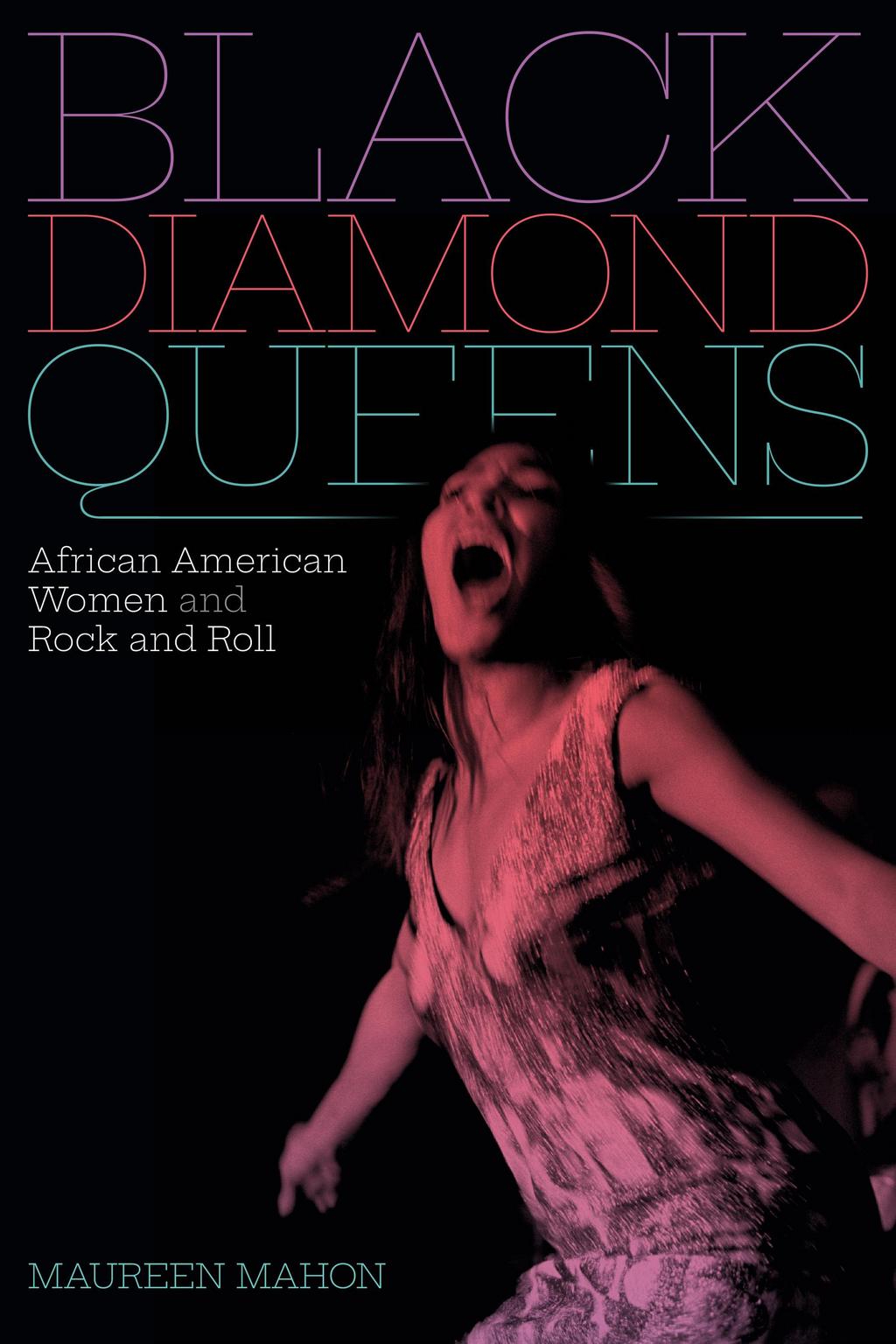
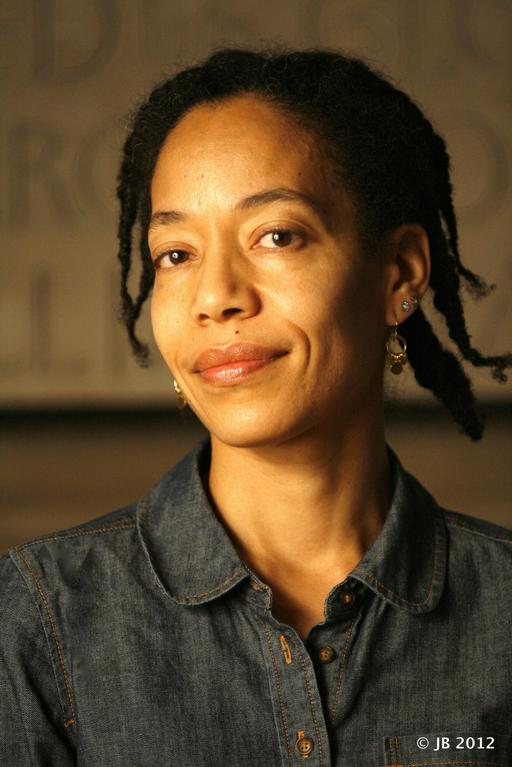
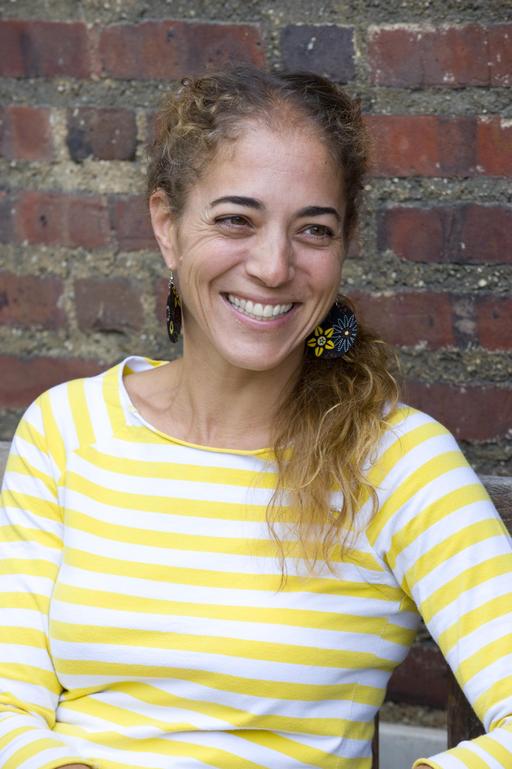

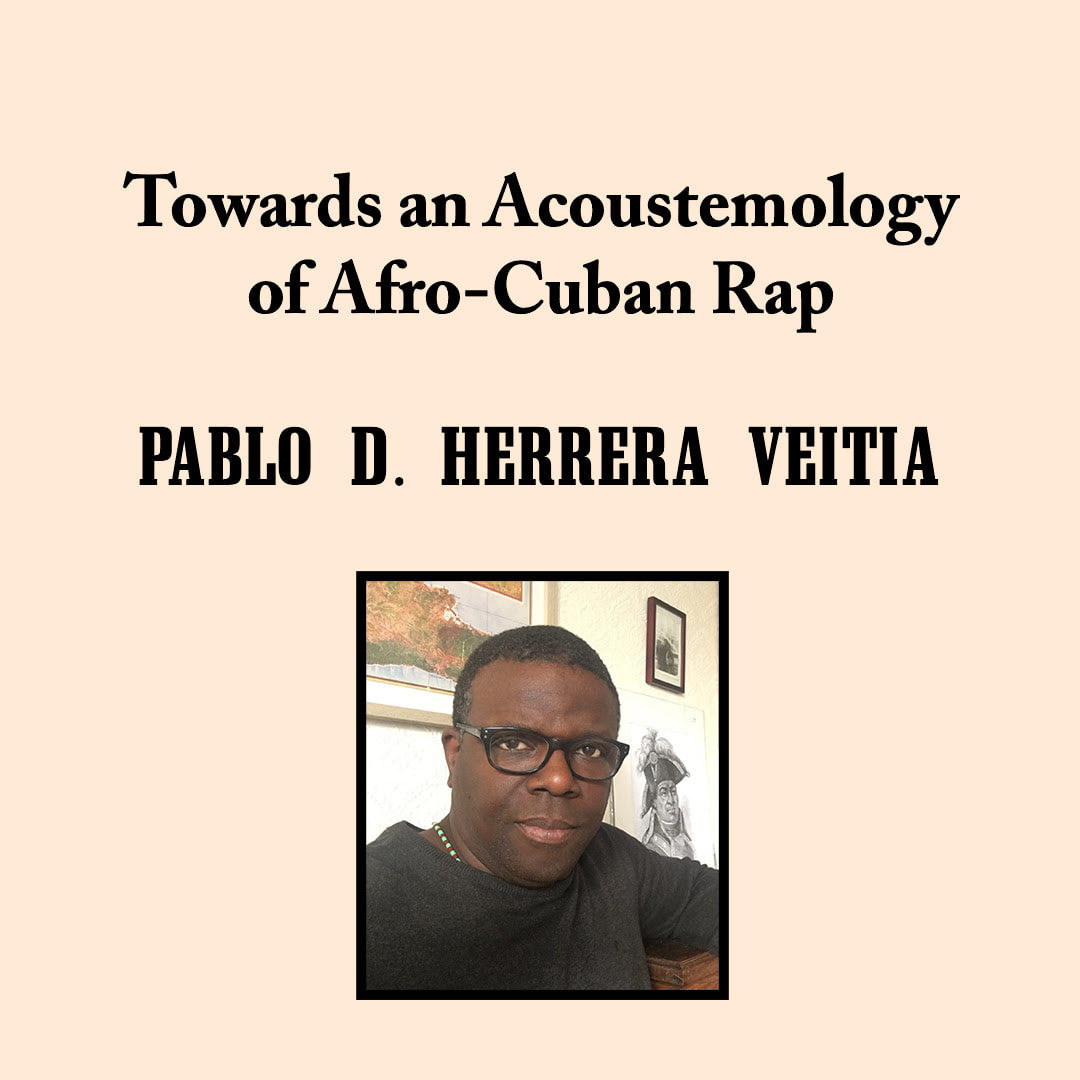
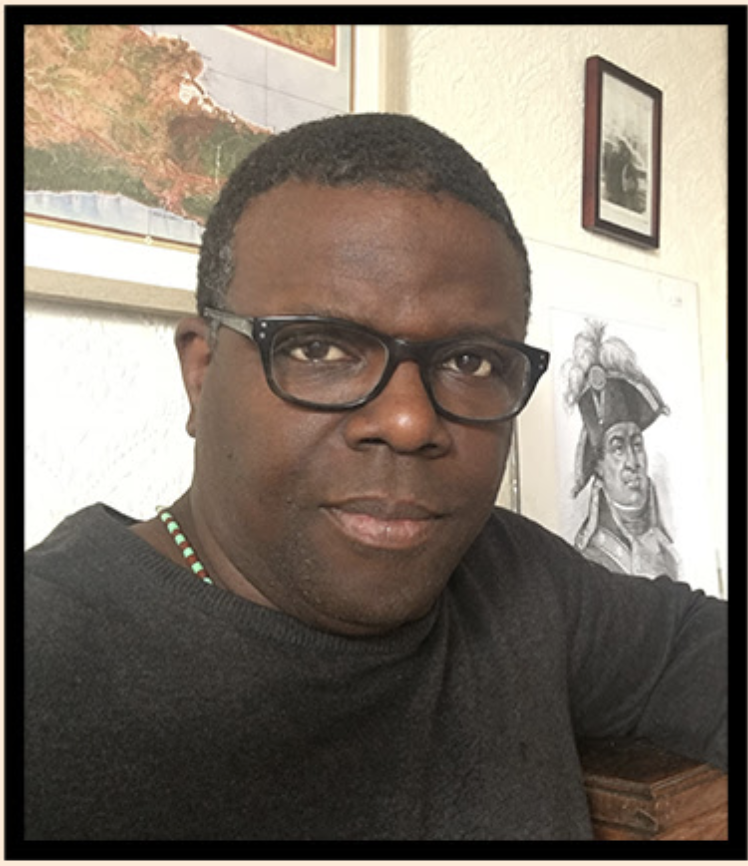
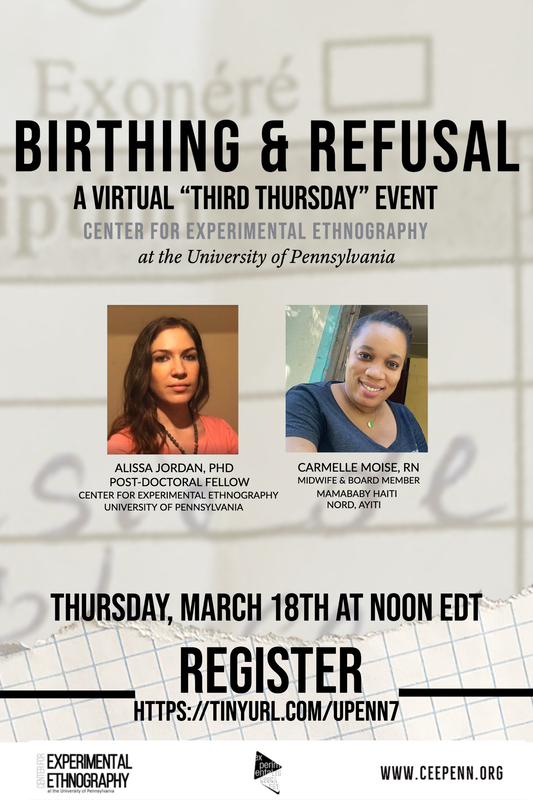
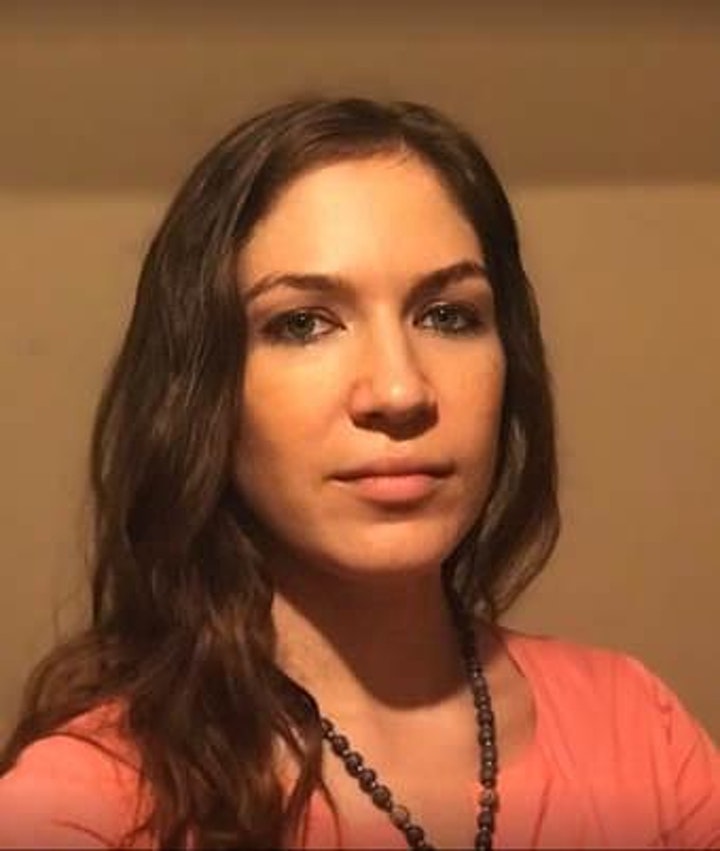
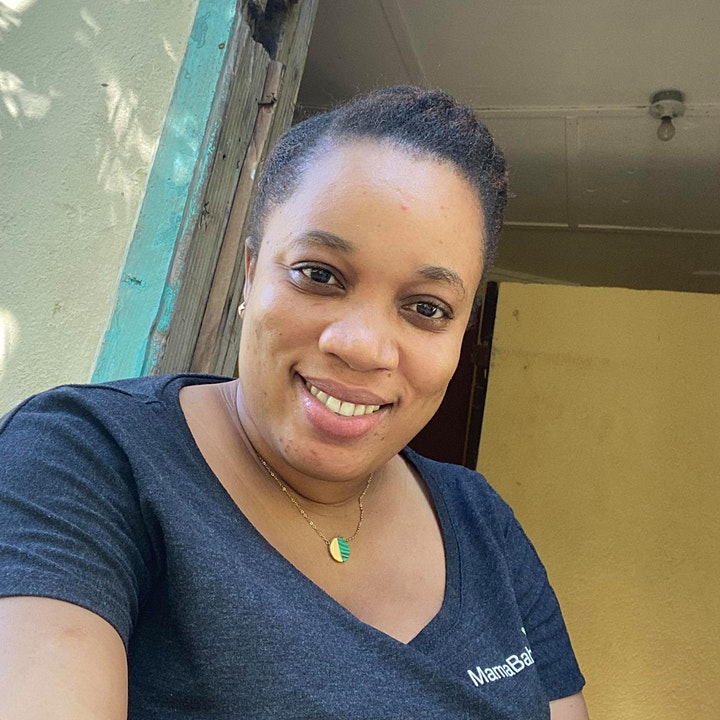


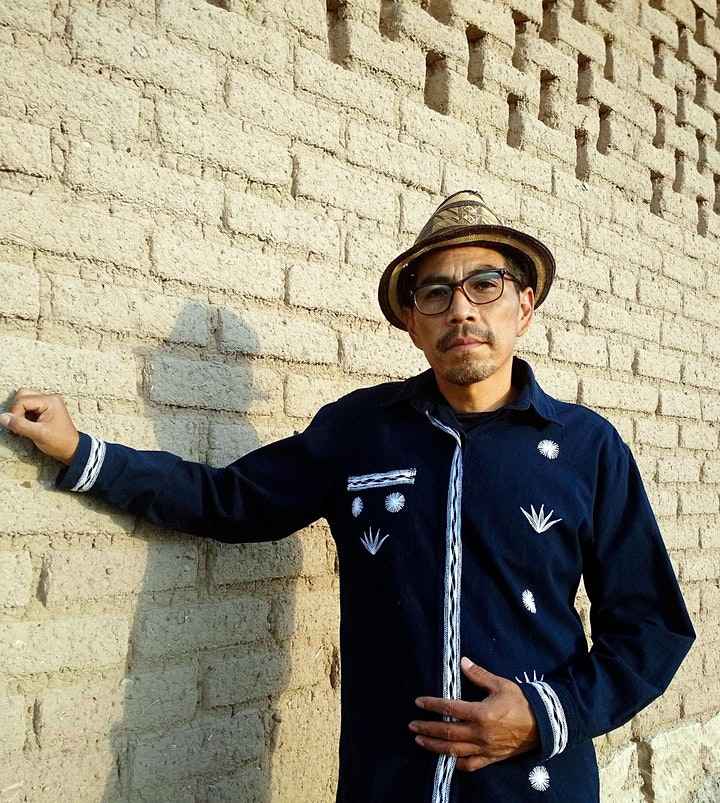
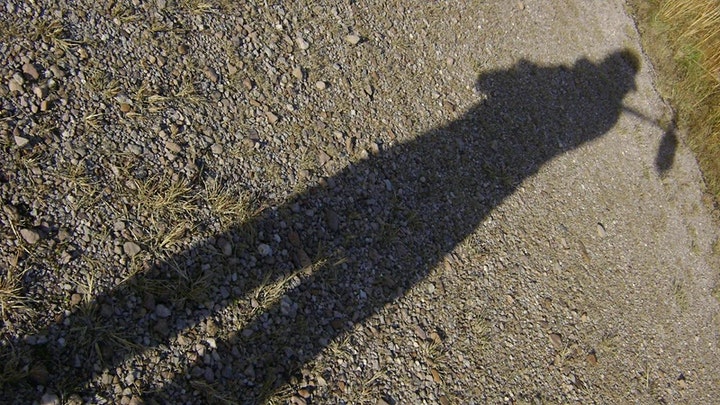
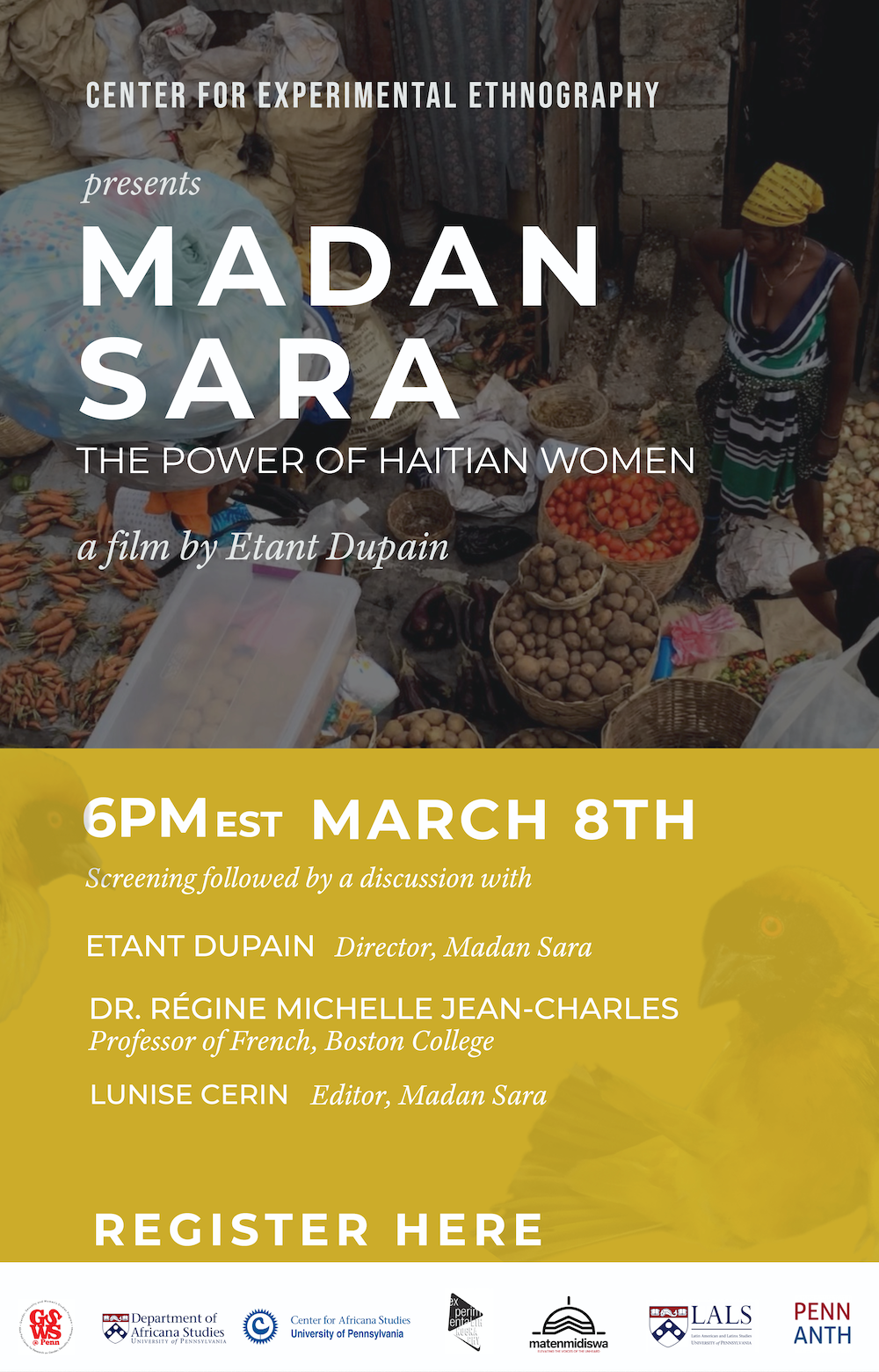
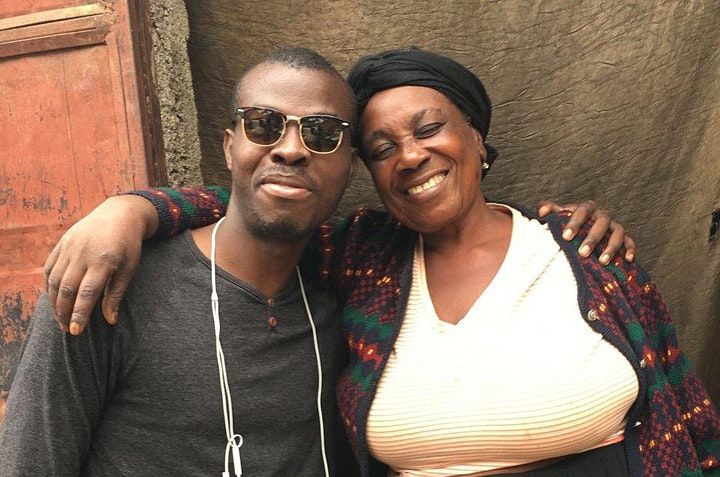
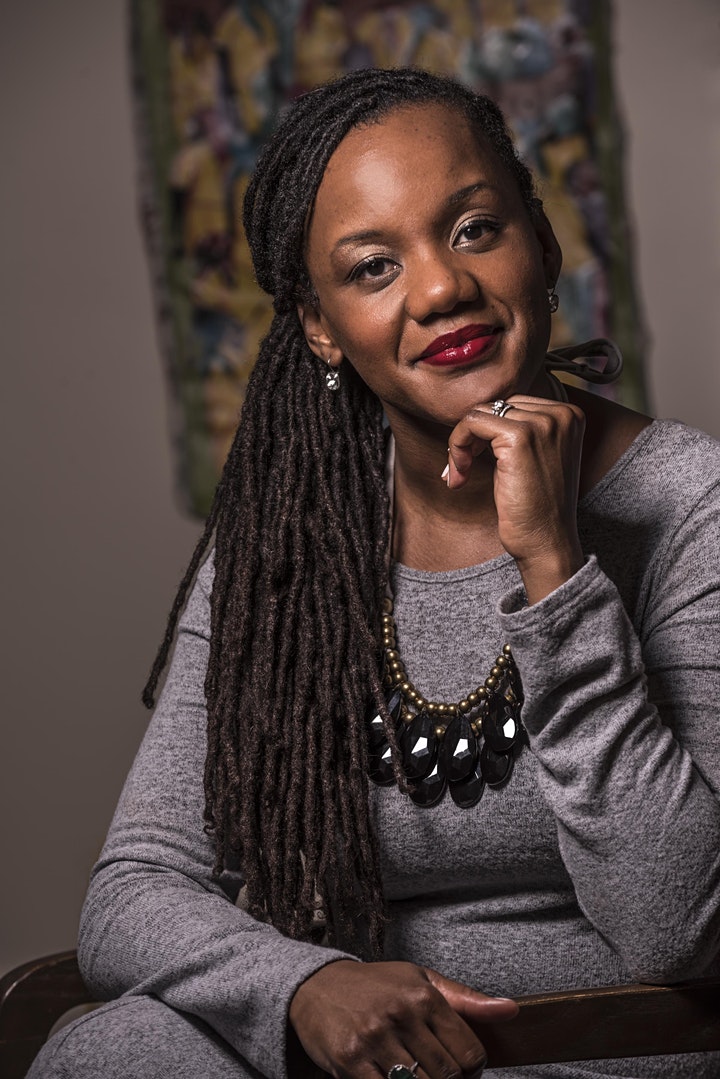
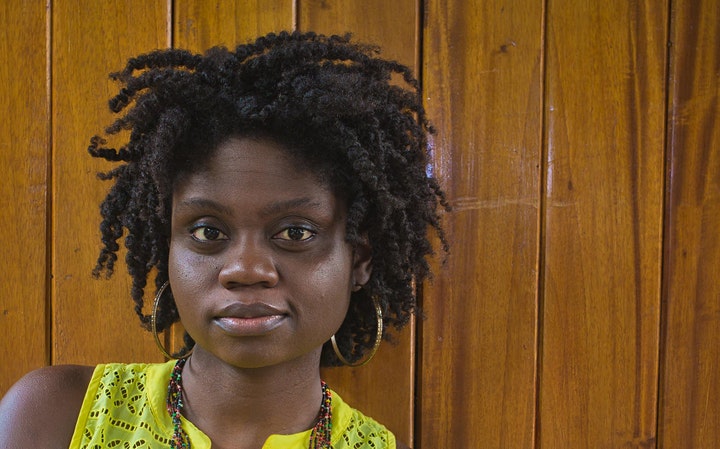
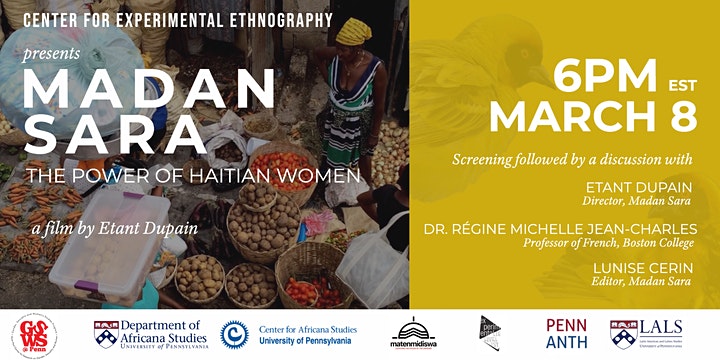
 RSS Feed
RSS Feed